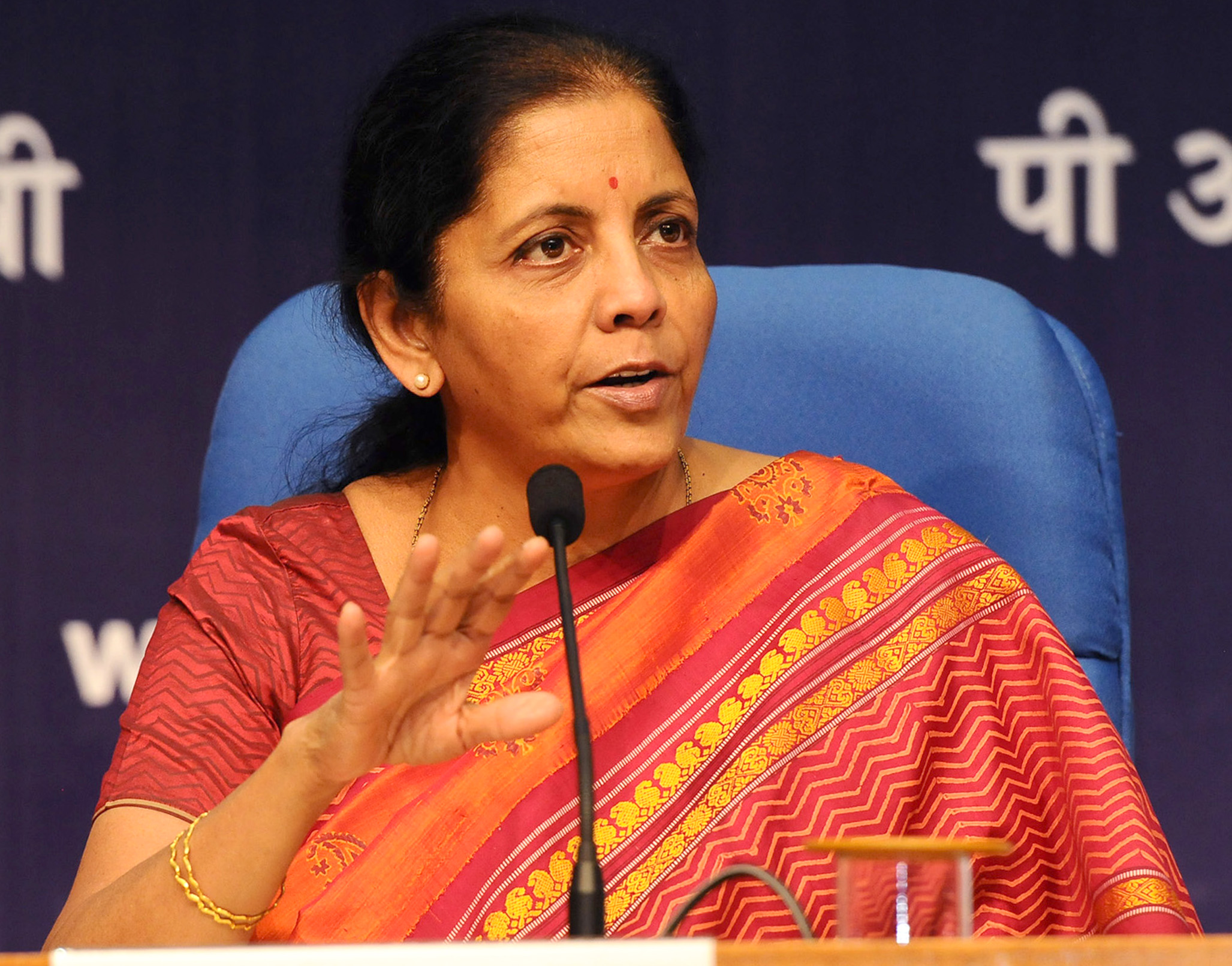On Thursday, the states have been offered with two option by the Centre to plug a shortfall in their Goods and Services Tax (GST) revenue, estimated at Rs 2.35 lakh crore in the financial year that ends in March 2021, amid the coronavirus disease (Covid-19) pandemic.
The centre gave one week to state to make a choice, triggering angry reactions from some Opposition-ruled states that said the decisions was thrust upon them.
A special window will be opened by the central government in consultation with the Reserve Bank of India (RBI), under which the states can borrow Rs 97,000 crore at a reasonable interest rate and pay-off the debt from the cess charged on luxury and sin goods such as liquor, cigarettes, aerated water and automobiles, after the GST regime completes five years of implementation in June 2022.
States have been offered with the second option as well. Under which states can borrow the entire Rs 2.35 lakh crore in consultation with the central bank. In some states, oppositions insisted that the Centre borrow the money instead and compensate the states for the shortfall.
“We told them that we will facilitate talking with RBI and help getting G security-linked interest rates so that each state does not have to struggle for loans,” finance minister Sitharaman said after a five-hour 41st meeting of the GST Council, which is headed by her and comprises state finance ministers.
“The states have requested us to lay down both options in detail, and give them seven full working days to deliberate on it and get back. A brief GST Council meeting may be held again,” she said. “Once the arrangement is agreed upon by GST Council, we can proceed fast and clear these dues and also take care of the rest of financial year.”
Sitharaman denied any general tax rate hike in the immediate future. The scot on luxury and sin goods will be extend beyond June 30, 2022, for at least another five years.
“Not considering any rate increases to make up for the shortfall in cess is a welcome measure; however, moving to a market borrowing mechanism which would extend the tenure of the cess beyond five years would worry businesses that are subject to the cess,” said MS Mani, partner at Deloitte India.
“Any decision to extend the cess beyond five years in order to fund the present compensation deficit could become a precedent; hence the period of extension of the cess should be minimal and predefined so that the cess does not become a permanent tax,” he said.
“While it is imperative to fund the compensation insufficiency of states, it is also essential to focus on the overall GST collection deficit confronting both the Centre and the states,” he added.
Under the Fiscal Responsibility and Management (FRBM) Act, States can exceed their borrowing limit by half a percentage point, is allowed to borrow more than the expected compensation from the Centre.
In May, borrowing limits for states had been raised from 3% of respective gross state domestic product (GSDP) to 5% that is helpful for them to get additional resources of Rs 4.28 lakh crore during the Covid-19 crisis.
The options communicated by Sitharaman will be available only for this financial year. In April 2021, the Council will review and decide action for the fifth year.
States have asked for seven working days to consider the detailed proposals. Another meeting of the Council may be held after that, said Mr. Pandey.
Ms. Sitharaman said there was no discussion on increasing tax rates during the meeting. She expressed gratitude that there was no attempt to politicise the issue within the Council, adding that “States behaved like statesmen”. However, outside the Council meeting, parties were politicising the issue, she said.





